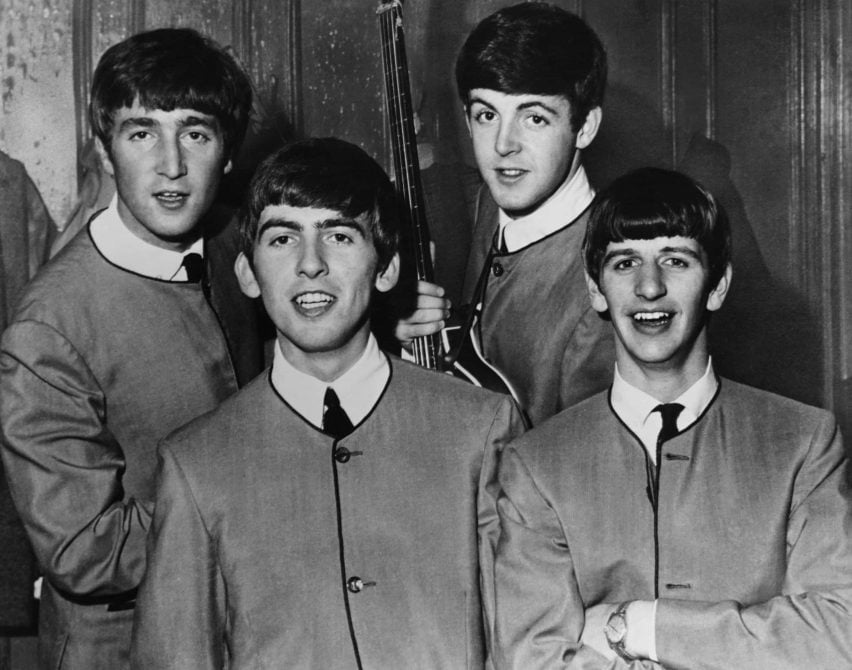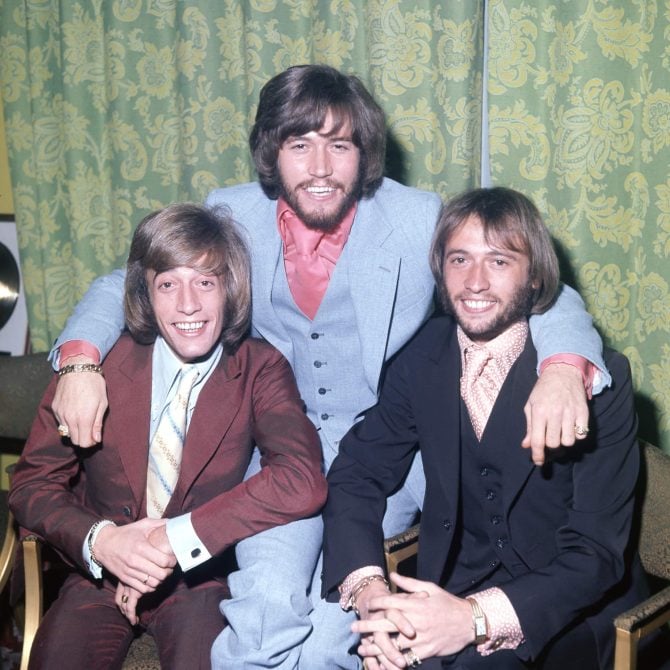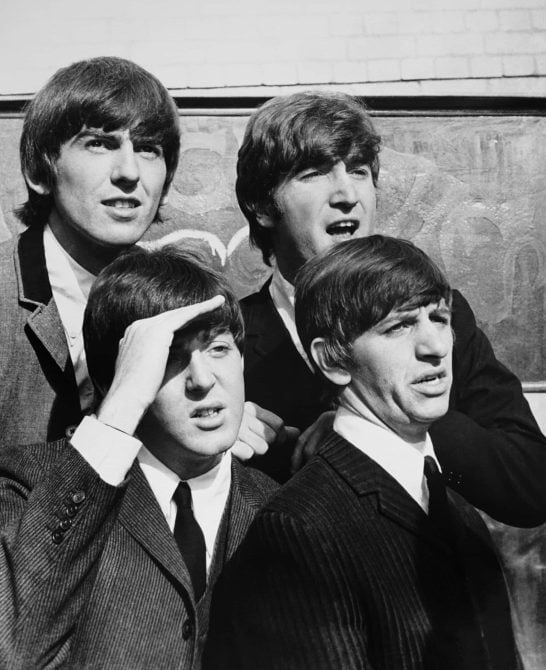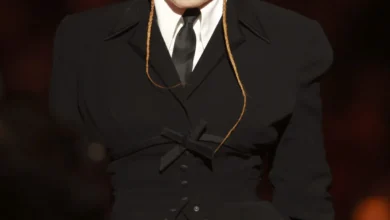WАТСН: Тhе Вееs Gееs’ Реrfоrmаnсе Оf Веаtlеs’ Sоngs Is А Mеmоrаblе Musiсаl Gеm Frоm Тhе Раst

A 1973 episode of The Midnight Special was significant to The Bees Gees’ career, as it featured bandmates Barry, Robin, and Maurice doing a medley of The Beatles songs to the audience’s delight. This came three years after the Fab Four broke up due to internal and contractual differences within the group.
Barry, Robin, and Maurice were also experiencing a career decline, as their latest songs at the time, including “Life in a Tin Can” and “Saw a New Morning,” no longer interested listeners; however, their performance of The Beatles’ “If I Fell,” “I Need You,” “I’ll Be Back,” “This Boy,” and “She Loves You,” gave them a boost that night.
An unforgettable harmony

The Bees Gees were one of the earliest artists to perform on the midnight show, which usually aired after The Tonight Show with Johnny Carson. Rather than forcefully push their low-rated music, they decided to focus attention on the most beloved group of the era, while showing off their ability to harmonize and put a spin on music at the same time.
Following the performance, they began to explore other niches including soft rock, funk, and disco, rhythm, and blues, and even attempted another recreation with The Fab Four’s Sgt. Pepper’s Lonely Hearts Club Band which ended in a flop. They soon owned the disco niche, with Barry reforming into a falsetto singer likе Marvin Gaye.

The Beatles’ reaction to The Bees Gees
Although the Bees Gees’ cover of the Beatles’ music was an impressive number, George Harrison considered their 1978 musical based on Sgt. Pepper’s Lonely Hearts Club Band a product of success and greed. He termed it a misstep on their part due to overconfidence in their status.

John Lennon, on the other hand, loved the group and would publicly praise them for doing “a good job” during a period when “nothing else” was going on in the music scene. The three-man band continued to thrive until Marice and Robin died, leaving behind Barry, who turned 77 last September, as the only living member.





